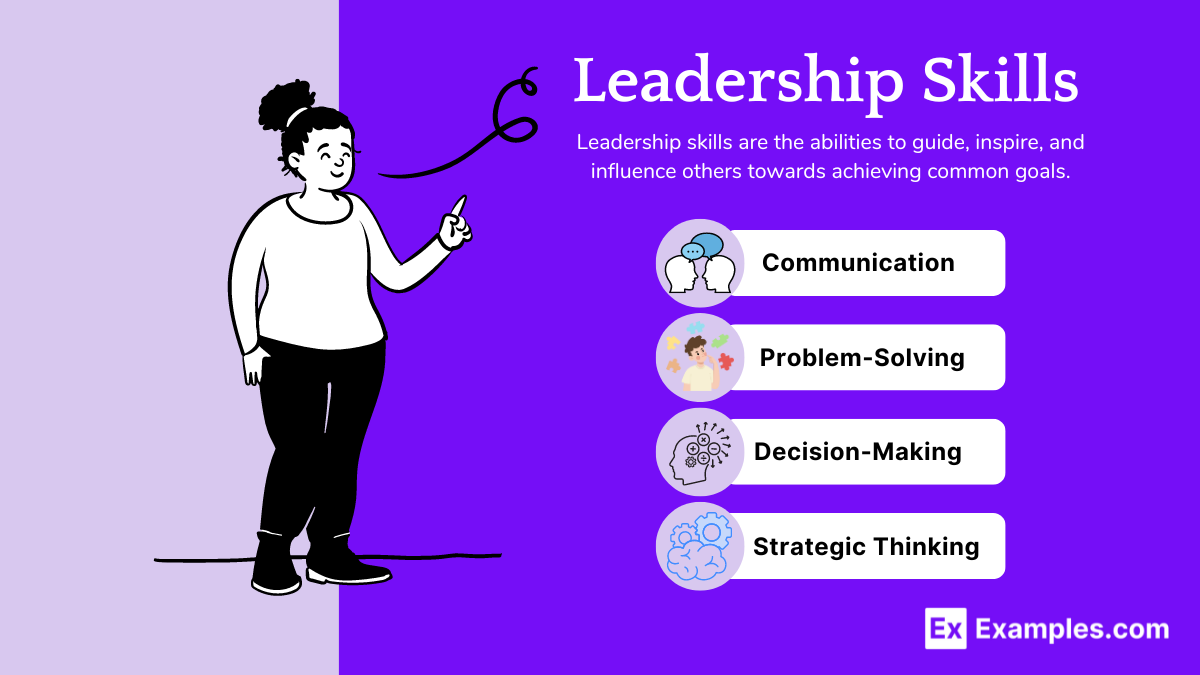A Adaptable Leader: Skills to Succeed in Adversity

In today's quickly-changing and frequently uncertain world, the qualities that characterize a adaptive leader are ever crucial than ever. As organizations encounter an range of challenges, from market fluctuations to evolving workforce structures, capable leadership has become as a linchpin for organizational achievement. A leader who can not only endure the trials of struggle but also inspire their team to thrive in transition possesses a distinct set of skills that distinguishes them. This article explores the top leadership abilities every leader should develop, with a emphasis on how these skills can foster grit and drive performance.
From emotional intelligence to effective communication, each ability plays a key role in developing a leader's ability to lead with confidence and kindness. As we explore these key competencies, we'll reveal practical strategies for nurturing strong decision-making skills, building trust within collaborations, and adapting to the challenges that are ahead. By refining these critical abilities, leaders can cultivate environments that not just withstand hardship but also empower their teams to innovate and perform, ultimately shaping the direction of their organizations.
Crucial Management Skills for Achievement
Effective leadership is foundational to any thriving organization, and honing key abilities is important for those striving to succeed in tough times. Among these abilities, emotional intelligence stands out as a pivotal component. Leaders who possess a high degree of emotional intelligence can comprehend and manage their own emotions while understanding with the feelings of colleagues. This allows them to build rapport and rapport with their teams, fostering an environment where innovation and cooperation can flourish.
Effective communication is a further foundation of great management. Leaders must be able to communicate their vision clearly and foster open communication among team members. This includes not just sharing information, but also engagedly hearing to the issues and suggestions of team members. By creating an atmosphere of transparency and inclusivity, leaders can motivate their teams to get involved more intensely with their work, enhancing collective effectiveness and productivity.
Flexibility is more recognized as a essential trait for today's leaders. In Higher education leadership in Australia changing corporate landscape, leaders must be capable of adjusting their strategies and approaches as circumstances change. This demands a combination of critical thinking and resilience. A leader who can navigate uncertainty and accept change inspires confidence within their team, placing the organization for long-term prosperity. By developing these essential management traits, professionals can substantially enhance their effectiveness in guiding their teams through challenges.
Cultivating Fundamental Leadership Competencies
To excel in adversity, leaders must hone a set of essential competencies that allow them to manage challenges successfully. One of the primary skills is emotional intelligence, which facilitates leaders to recognize and control their emotions, as well as relate with their team members. Cultivating this skill promotes deeper relationships and a positive work environment, making it more feasible to encourage teams even in challenging times. Moreover, self-recognition, a component of emotional intelligence, helps leaders recognize their strengths and weaknesses, permitting them to constantly improve and evolve their leadership style.
Effective communication is also essential for leaders confronting adversity. Mastering the art of transparent communication fosters trust and promotes open dialogue. Leaders should emphasize engaged listening, which not just enhances comprehension but also makes team members feel acknowledged and heard. By focusing on communication and employing techniques such as supportive critique, leaders can build a culture of collaboration and empowerment, where team members are driven to offer their best efforts.
Furthermore, adaptability is a critical skill for modern leaders. In an ever-changing business landscape, leaders must be ready to change strategies, embrace transformation, and lead their teams through challenges. Enhancing critical thinking skills enhances a leader's ability to assess situations and make informed decisions swiftly. By promoting resilience and nurturing a learning-agile mindset, leaders equip themselves and their teams to confront adversity with assurance, ensuring sustained achievement and progress in difficult environments.
Mastering Leadership Challenges
In the constantly changing environment of the work setting, leaders face multiple difficulties that require a profound well of expertise and resilience. One of the key skills is adaptability, which allows managers to navigate evolving situations and demands. By embracing change as an occasion, rather than a hindrance, leaders can direct their teams through uncertainty, showing that flexibility is crucial for achievement. This flexibility also enhances a leader's decision-making approach, making sure that choices are well-considered and appropriate to the current context.

Social intelligence plays a critical role in overcoming management challenges. By understanding and controlling their own emotions while connecting with their members, managers cultivate a nurturing environment beneficial to growth and cooperation. This ability to relate on an emotional level not only aids in conflict resolution but also contributes in building trust. As leaders manage obstacles, exhibiting openness and authenticity can inspire team participants to participate honestly and bring creatively to resolutions.
To effectively overcome management challenges, it is crucial to nurture a frame of mind of perpetual learning and growth. This requires seeking input, thinking back on events, and developing a purposeful approach to problem-solving. By focusing on learning agility, managers can adapt their approaches to address the evolving requirements of their teams and companies. This resolve to growth enables managers to not only face obstacles frontally but also transform them into building blocks for deeper group cohesion and enhanced performance.
